What scientific discoveries will 2017 bring? What technological innovations? Probably not time travel — or time-shares on Mars. But no one really knows for sure, and when we asked some of the biggest names in in science and technology to share their predictions for the coming year, there was a bit of pushback.
“I normally don’t make predictions for anything less than two trillion years in the future,” Arizona State University cosmologist Lawrence Krauss told NBC MACH. It’s easier to make predictions that far out, he added jokingly, when “no one will be around to check them.”
Ultimately, Krauss came through with some fascinating forecasts. Read on to see them, along with predictions from legendary astronaut Buzz Aldrin and nine more thought leaders in science and tech (the submissions have been lightly edited).

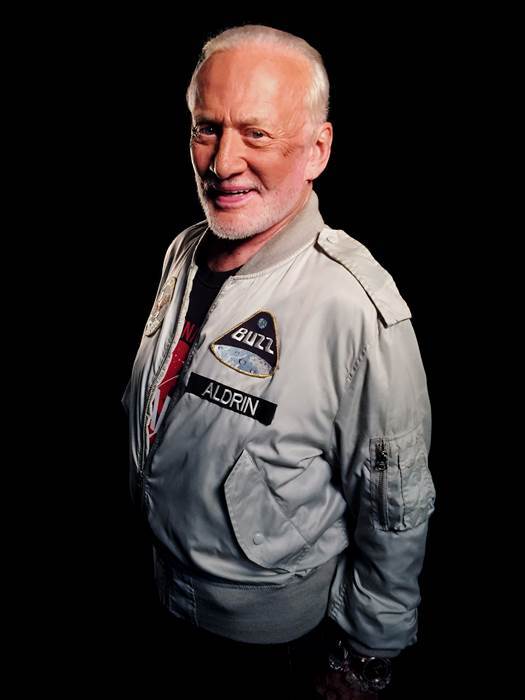
Buzz Aldrin:
A New “Race for Space”
Dr. Buzz Aldrin, the second human to walk on the moon, is a leading advocate of space science and planetary exploration. He is the co-author of several books, including “Mission to Mars: My Vision for Space Exploration” and “No Dream Is Too High: Life Lessons From a Man Who Walked on the Moon.” He lives in Satellite Beach, Florida.
Given President-Elect Trump’s interest in putting in place a space council, I envision a more unified approach to shaping and overhauling aspects of America’s civil, military, and industrial space sectors. And get ready for intense competition in the development of human spaceflight systems, not only for use in low Earth orbit but also outward from our home planet. This commercial “race for space” will lead to technical and business innovations we don’t yet appreciate or understand.
I think the year ahead will see Jeff Bezos’s Blue Origin group wring out its New Shepard reusable suborbital launch vehicle and press forward on its New Glenn booster. Similarly, Richard Branson’s Virgin Galactic SpaceShipTwo will hasten the pace of testing to create suborbital passenger service. And keep an eye on the maiden flights of the Boeing CST-100 Starliner and the SpaceX Dragon 2 capsules — stepping stones to restore our nation’s capabilities for human spaceflight.
I expect Elon Musk and his SpaceX rocketeers will fly their Falcon Heavy launcher from the refurbished Launch Complex 39 pad A at the Kennedy Space Center in Florida. That’s the same site that I rocketed from with my Apollo 11 colleagues, Neil Armstrong and Michael Collins, to achieve the first human landing on the Moon in July 1969!
China is headed for several milestone achievements. For one, they will use their new Long March 5 and Long March 7 boosters to advance their goal of building their own space station. In addition, look for China to fly to the moon the robotic Chang’e 5 spacecraft and attempt the first lunar sample return to Earth in more than 40 years.
Lastly, look for surprises from mysterious Mars! Now orbiting the Red Planet is the European Space Agency’s ExoMars Trace Gas Orbiter that in 2017 will “sniff out” whether methane detected on that world is a product of Martian microbes.
Personally, I’ll be working as hard as ever to rally public and political willpower to hasten the day when those first footfalls on the Red Planet lead to permanent inhabitation of Mars.

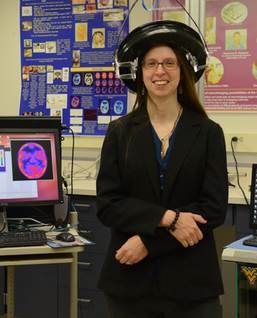
Julie Brefcynski-Lewis:
Virtual Reality Reset
Dr. Julie Brefcynski-Lewis is assistant professor of physiology and pharmacology in the Blanchette Rockefeller Neurosciences Institute at West Virginia University in Morgantown. She has studied higher order brain functions such as attention, emotions, social interactions, and meditation.
The scientific method is rooted in objectivity and has relied on government and public confidence that scientists are well trained and dedicated to accurate results. I think the big question of 2017 will be how science will adapt to a changing cultural landscape in terms of public attitudes, funding, global participation, and more.
In my field of neuroscience, we are a little lucky that many lawmakers making political and funding decisions have direct experiences with neurological and mental health needs of loved ones. In terms of disruptive technology, I predict virtual reality will have a major influence on how science is performed and communicated. In my research, for example, we are adapting novel PET (positron emission tomography) brain imager technology so that it is wearable and allows imaging of someone moving and responding in a virtual environment, such as an addict in a cue-laden setting. Other laboratories are using VR to explore the shapes and functions of neurons and molecules, and it’s likely to become a haven for social interactions such that exciting new studies on human behavior will emerge.

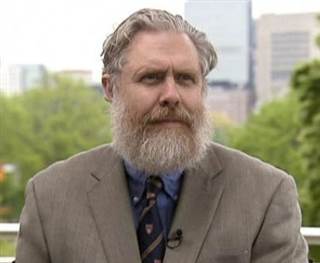
George Church:
Gee-Whiz Gene Editing
Dr. George Church is professor of genetics at Harvard Medical School in Boston and director of personalgenomes.org. He is the author of “Regenesis: How Synthetic Biology Will Reinvent Nature and Ourselves.”
Next year will see great strides in reading and writing genomes, organs, and ecosystems. We’ll move beyond small genome “edits” to large-scale “writing,” with huge practical consequences, including resistance to all viruses. For organs, new microscopy methods will enable molecular atlases of whole bodies during normal development from eggs to adults and pathological states like cancer. Leveraging such body atlases will be recipes for constructing any tissue type and transplanting it successfully between species. For ecosystems, we will see growing numbers of tests of safety and effectiveness of genetic strategies for controlling agents (mosquitoes, worms, mice) of deadly diseases like malaria, filariasis, and Lyme disease.
We will also see great progress in the use of genetic engineering to reverse processes that had seemed irreversible: aging and extinction. And super-compact encoding of data into DNA-storage will transform our ability to record video and interface with brains.

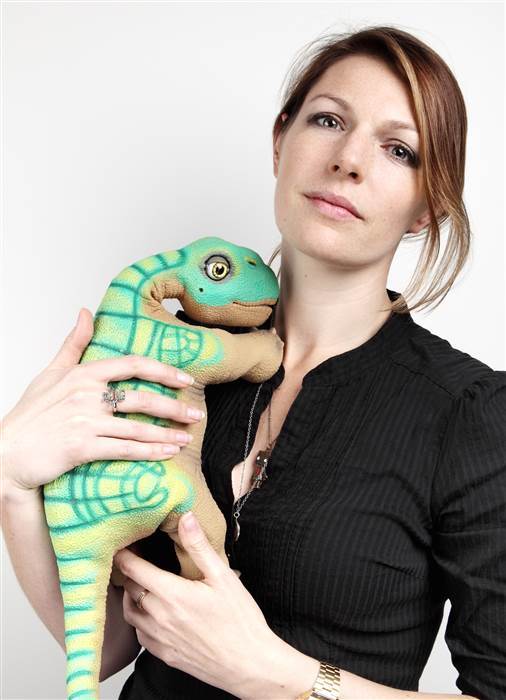
Kate Darling:
Artificial Intelligence Heads Home
Dr. Kate Darling, a researcher at the MIT Media Lab in Cambridge, Massachusetts, investigates social robotics and conducts experimental studies on human-robot interaction. Her work explores the emotional connection between people and life-like machines.
I’m excited about the rise of personal assistant robots. We won’t be seeing…

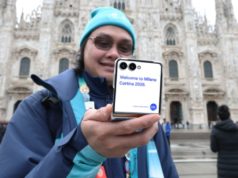
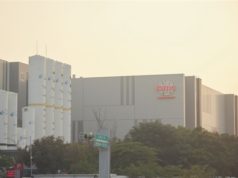
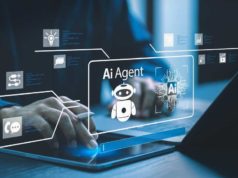

![[Video] Reimagined for Orchestra, ‘Over the Horizon 2026’](https://loginby.com/itnews/wp-content/uploads/2026/02/Video-Reimagined-for-Orchestra-‘Over-the-Horizon-2026’-100x75.jpg)

